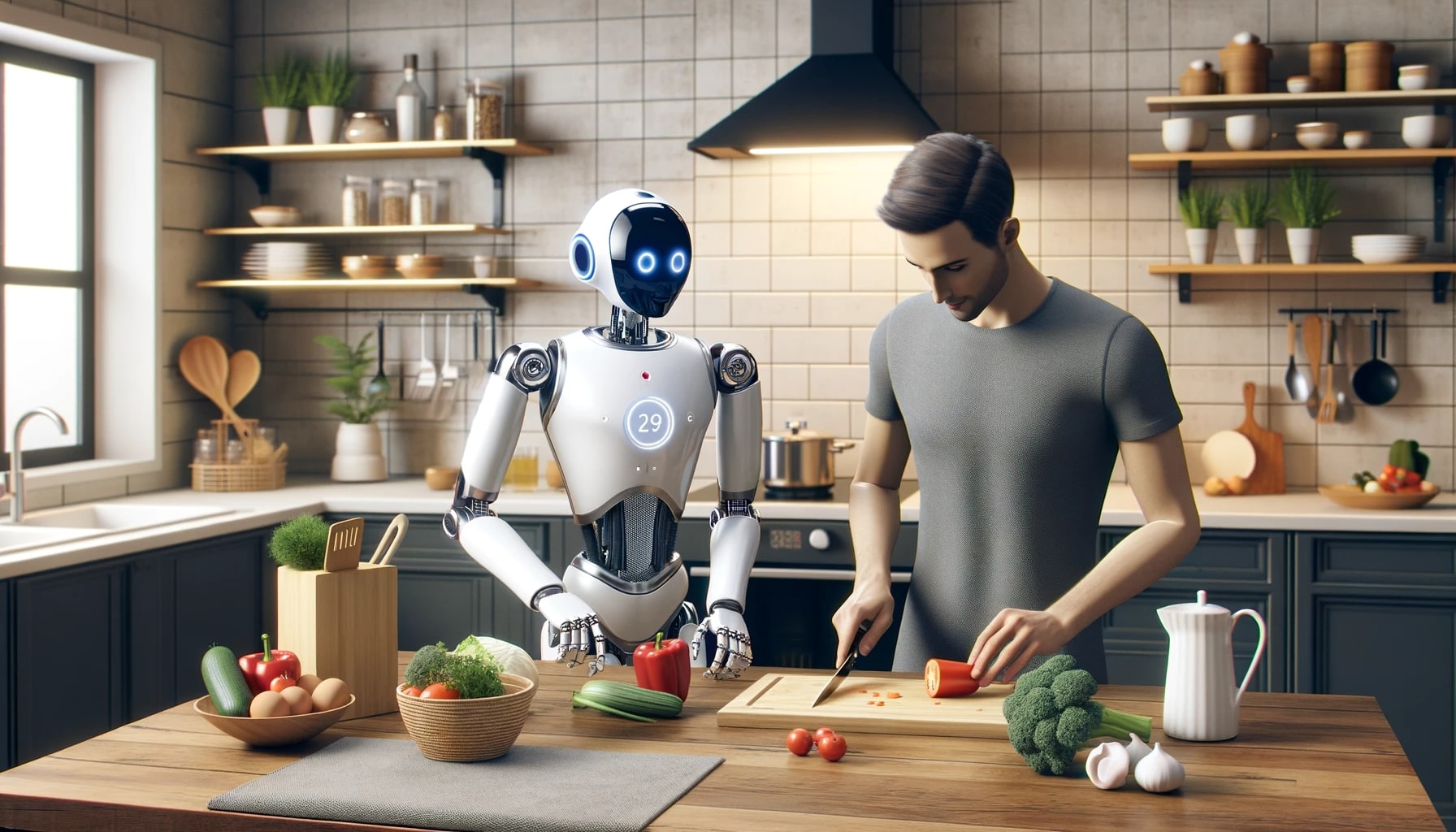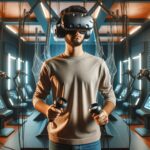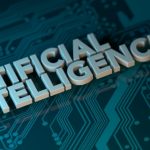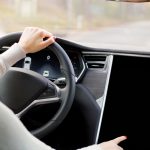The advent of artificial intelligence (AI) has presented a wealth of opportunities for creativity, yet it simultaneously poses complex legal dilemmas regarding intellectual property rights. The central debate hinges on whether AI-generated works should be eligible for copyright protection, and if so, who holds the ownership: the AI itself, the AI operator, or the original data contributors? This discourse is further complicated by views suggesting that AI, lacking human-like consciousness, should not be granted copyright, while others propose that the AI operator should retain such rights.
Artistic Creation in the Age of AI
Generative AI technologies like ChatGPT, GPT-4, and Dall-E 2 have revolutionized content creation, enabling the rapid production of novels, music, and artwork. These systems operate by assimilating and reconfiguring existing creative works, raising questions about the legitimacy of copyright for AI-generated material.
Legal and Ethical Quandaries
The protection of AI output under copyright law is currently unresolved, prompting debates over potential claimants to such rights. The conversation extends to the mechanisms for identifying AI-assisted creations and the nature of agreements between AI developers and users. Furthermore, the potential for AI to produce vast quantities of content amplifies concerns about the manageability of copyright claims and the impact on human creativity.
These challenges underscore the need for a nuanced understanding and adaptation of copyright laws in the digital age. As AI continues to evolve, so too must our legal frameworks to accommodate the unique issues it presents.










